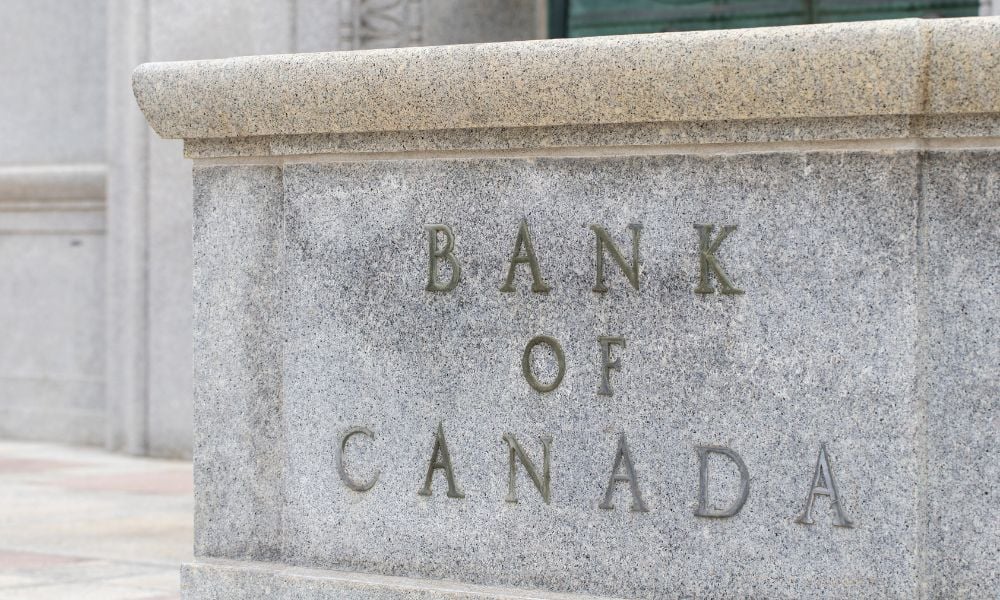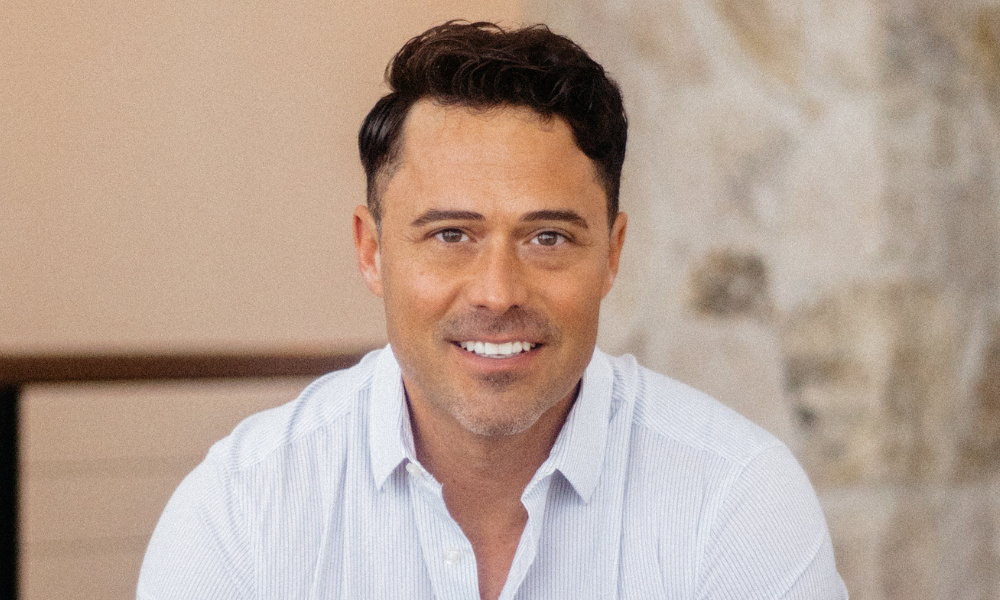Company executives point to lack of medical care amid pandemic as a contributing factor

2022 marks the second year of the worst global pandemic in recent history. Though the world can see an ease in the infection rate and a reduced possibility of new variants emerging, especially through reinforced vaccine efficacy, the impact of COVID-19 cannot be downplayed.
According to the Wall Street Journal, life insurers in the United States paid out a substantial number of Covid-19 death-benefit awards last year, as expected. Surprisingly, many people saw an increase in other types of death claims as well.
Many of the other fatalities, according to industry officials and actuaries, are linked to delays in medical care as a result of lockdowns in 2020, and then, later people's anxieties of seeking treatment and difficulty lining up appointments. Even if Covid-19 deaths fall this year, some insurers expect high levels of these deaths to persist for some time.
Globe Life, Hartford Financial Services Group, Primerica, Reinsurance Group of America have all made earnings calls in the last two quarters. When compared to pre-pandemic baselines, those insurers reported a greater number of non-Covid-19 deaths.
“The losses we are seeing continue to be elevated over 2019 levels due at least in part, we believe, to the pandemic and the existence of either delayed or unavailable healthcare,” Globe Life finance chief Frank Svoboda told analysts and investors earlier this month.
Among the non-coronavirus-specific claims are deaths from heart and circulatory issues and neurological disorders, Svoboda added, “We anticipate that they’ll start to be less impactful over the course of 2022 but we do anticipate that we’ll still at least see some elevated levels throughout the year.”
In their fourth-quarter call, Primerica management expressed concern over a large number of non-Covid-19 deaths in 2022.
In an email interview, Chief Financial Officer Alison Rand noted, "Some of these will be the result of delayed medical care or the rising occurrence of societal-related concerns, such as the increased prevalence of substance addiction."
Many medical professionals have expressed concern about Americans' untreated health problems since the beginning of the epidemic, since Covid-19 put a strain on the country's healthcare system.
The pandemic in 2020, according to the American Council of Life Insurers, resulted in the largest yearly rise in death benefits paid by U.S. carriers since the 1918 influenza outbreak, amounting to billions of dollars.
The impact on the industry's bottom line has been less than initially anticipated, owing to the fact that many of the victims were older persons with modest policies, if any at all.
Nonetheless, Covid-19 and other excess deaths have reduced many carriers' quarterly earnings, particularly when deaths associated to the Delta version increased for persons with employer-sponsored death benefits throughout their working years.
Stock analyst with Credit Suisse Securities, Andrew Kligerman, said, “Earnings impacts have been material and there still appears to be some Covid-19 discount, but investors are starting to look through mortality claims costs.”
Death-benefit claims typically fluctuate very modestly year to year in the insurance industry, so the recent increases are unusual.
According to several life insurers, the number of non-Covid-19 excess deaths increased in the third quarter of last year after being zero or moderate in previous quarters. The Society of Actuaries Research Institute's ongoing Covid-19 survey of 20 of the nation's biggest dealers of group-life insurance to businesses found similar outcomes.
Incurred claims count were 37.7% higher in the third quarter than a pre-pandemic baseline, with a roughly 50-50 split between claims directly linked to Covid-19 and those that weren't.
During the third quarter, claims for working-age individuals at non-publicly traded OneAmerica Financial Partners, another group-life-insurance provider, were at 140% of a pre-pandemic baseline, according to CEO J. Scott Davison.
The impact of Covid-19 on the cost of life insurance, both directly and indirectly, is unknown. On the expectation that the virus would be present at least until 2022, several insurers are repricing group-life contracts marginally. Those contracts are usually renegotiated every few years.
In the meantime, insurers are still attempting to figure out what impact there might be on long-term mortality.



